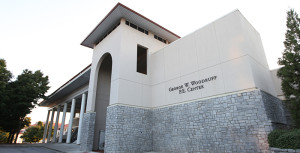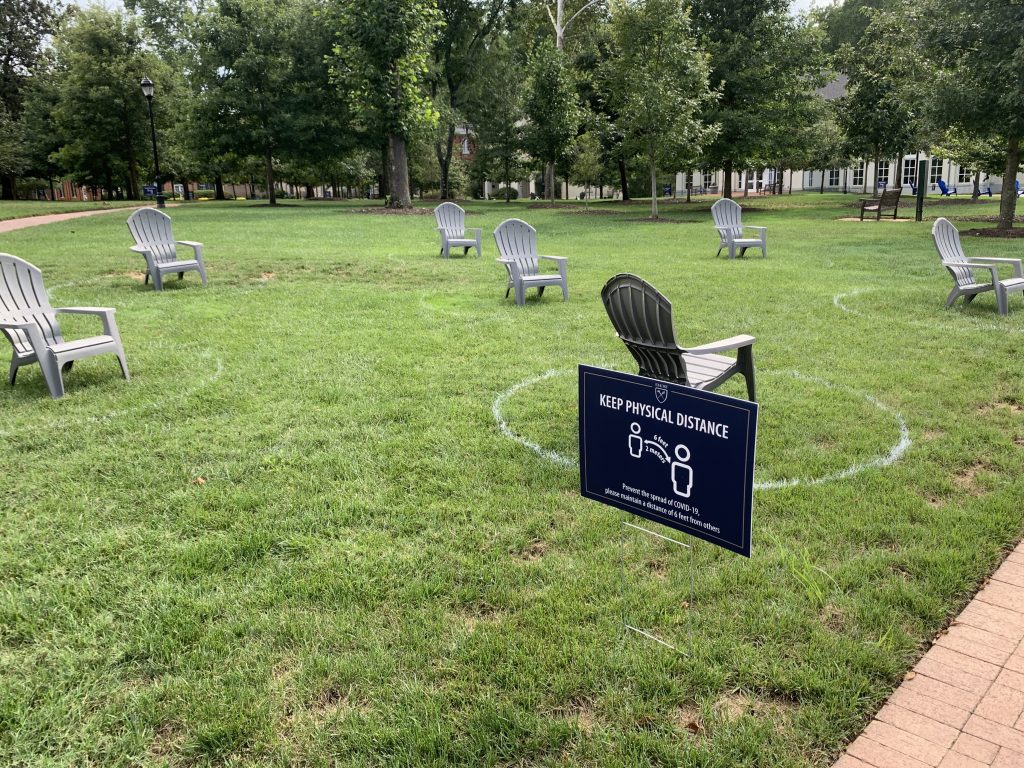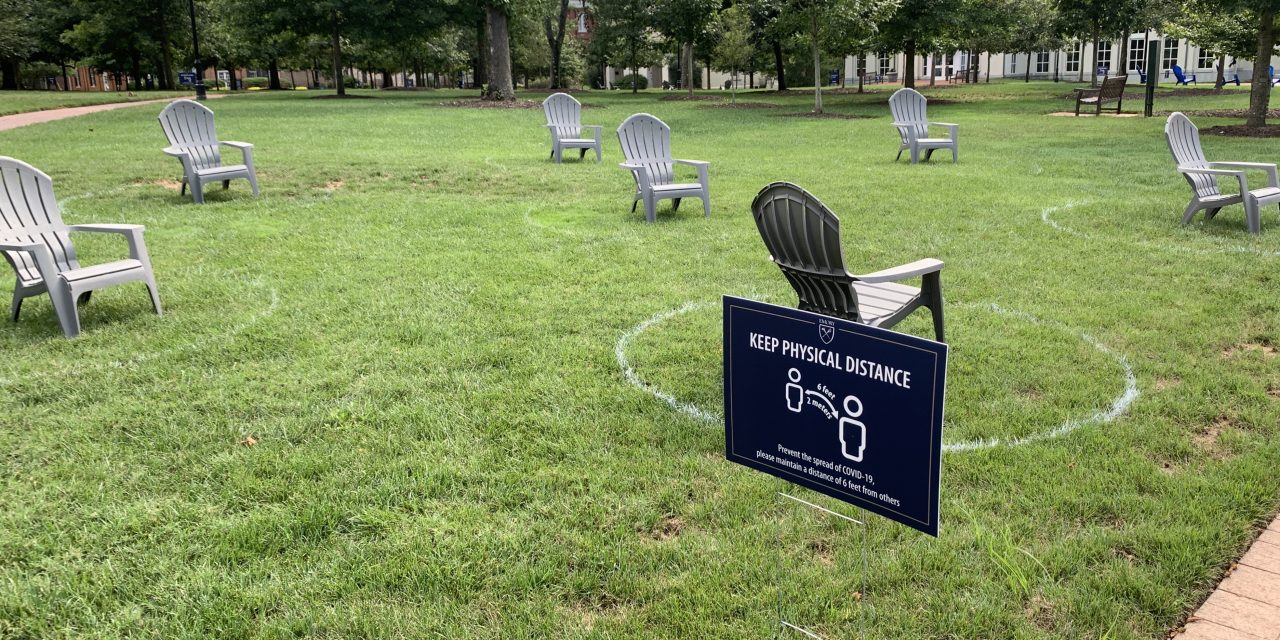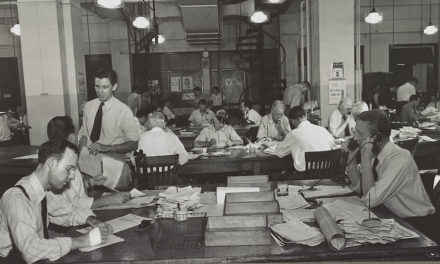Adults aged 55 and older, “individuals with disabilities” and those 16 and older with “medical conditions that increase their risk of severe illness” became eligible for a COVID-19 vaccine in Georgia on March 15, according to the Georgia Department of Health.
This group likely includes “a few thousand” members of the Emory community, Associate Vice President and Executive Director of COVID-19 Response and Recovery Amir St. Clair estimated.
Those who are 55 and older will be automatically registered to receive an invitation from Emory to schedule a vaccine appointment. Anyone who falls into the other eligible categories can fill out a self-attestation form on the Emory Forward site to be able to register for an appointment.

COVID-19 vaccine. (Creative Commons/ SELF Magazine).
Currently, eligible students and employees must travel off campus to a distribution center for their vaccine appointment. The University does not plan to set up a distribution center on campus in the near future, but may consider adding a site to provide vaccines to individuals who are not fully vaccinated by the fall semester.
“It is fairly complex to create a distribution site; it’s fairly resource intensive,” St. Clair said. “We are continuing to look at different ways that we can provide additional support to our students, particularly knowing that our students will become eligible at different points.”
Emory Athletics resumes competition, recreational facilities expand access
Emory announced in a March 10 email that Emory Athletics teams can resume competition, including away games.
Some teams have been holding practices, with some restrictions and required daily health screenings, since February. Prior to last week, Emory’s last games were played in March 2020 before the University canceled all intercollegiate competition on March 12 of last year.

Woodruff PE Center | Photo by Jason Oh
Intercollegiate play will resume with teams playing home games without spectators or traveling up to 250 miles for games, Executive Director of Emory Student Health Services Sharon Rabinovitz explained.
“The indicators are showing progress in the correct direction in order to allow people to gather,” Rabinovitz said. “We’re also very well versed in managing, between testing and safety measures, how to be able to do what we need to do to keep everyone safe.”
Intercollegiate competition will resume following safety standards set by the University, the NCAA and the University Athletic Association (UAA).
“The larger plan has a number of different contingency plans and contingency policies in place,” St. Clair said. “Every single component has been reviewed, from testing, to contact tracing, to travel, to transportation, to dining, to requirements for the competitive teams that we’re playing.”
Having rules set by the NCAA and UAA helps ensure that the COVID-19 risk to Emory athletes is minimized, Rabinovitz said.
The first game was played on March 11, a day after the announcement, with Emory’s softball team playing at Covenant College (Ga.) in Lookout Mountain, Georgia.
Off campus students will have access to the Woodruff Physical Education Center (WoodPEC) and certain athletic facilities at the Oxford campus will grant access beginning on March 15. Previously, only residential students had been allowed access. Students still have to reserve a time slot to use the facilities.
The University tentatively hopes to reopen the Student Activity and Academic Center at Clairmont by April 1, but this date may change, Rabinovitz said.
Emory expands gathering limits and visitor policy
Emory expanded the limit on gatherings from 10 to 25 people last week, with the presence of a faculty or staff member now “at the discretion of the event sponsor,” according to a March 10 email from St. Clair.
The University’s gathering risk meter remains in the orange zone, but has moved closer to yellow to reflect easing restrictions.
Restrictions loosened due to decreasing case numbers on and off campus and general adherence to safety guidelines and regular testing. The changes will help prepare for more students to return to campus in the fall.
The visitor policy was also expanded to allow individuals to visit campus for the purpose of engaging “in a small, organized social activity in an outdoor setting,” the email read.

Adaptations made to Emory’s campus to fight COVID-19. (The Emory Wheel/Caelan Bailey)
This policy change is meant to encourage more safe activity on campus, St. Clair explained.
“This is now a provision saying that you can bring a performer, an outside entity, to come and do some type of performance within the other parameters,” St. Clair said. “We tried to make sure that there was a provision to allow additional activities in a safe and healthy way.”
Reopening more facilities and further reducing restrictions is dependent on a continual improvement of conditions, St. Clair noted.
“We’ve already started to identify what that next opening up expansion might look like, incremental steps that continue moving forward,” St. Clair said. “It is all built and predicated on us continuing to have favorable trend lines.”
Testing compliance measures instituted for off-campus students
Off-campus students accessing campus will now face similar sanctions as on-campus students for failing to schedule a weekly COVID-19 screening test, according to a March 12 email to students from St. Clair.
Off-campus students who are non-compliant with testing requirements will face “WIFI network access restrictions, reduced internet speed, and building access restriction” while on campus, the email said. Students can regain compliance status by scheduling a screening test.
“We knew that that was a compliance measure that we had to put in place, especially after the surge, understanding the impact of off campus students,” Rabinovitz said.
Latest cases
Emory reported 37 new cases since March 11. This includes 18 off-campus students, 14 on-campus students, four staff and one faculty member. This includes three cases at Few Hall, two cases at Murdy and Elizer Halls, two cases at Fleming Hall and two cases at Raoul Hall.
After recording no new cases on March 15, the number of new student cases rose to nine on March 16 and 11 on March 17.
Madison Hopkins (23C) is a quantitative sciences and creative writing major from Charlotte, North Carolina. She is interested in pursuing biology research and volunteers as an assistant in the Gerardo lab at Emory. In her free time, she enjoys reading and writing fantasy and science fiction.




